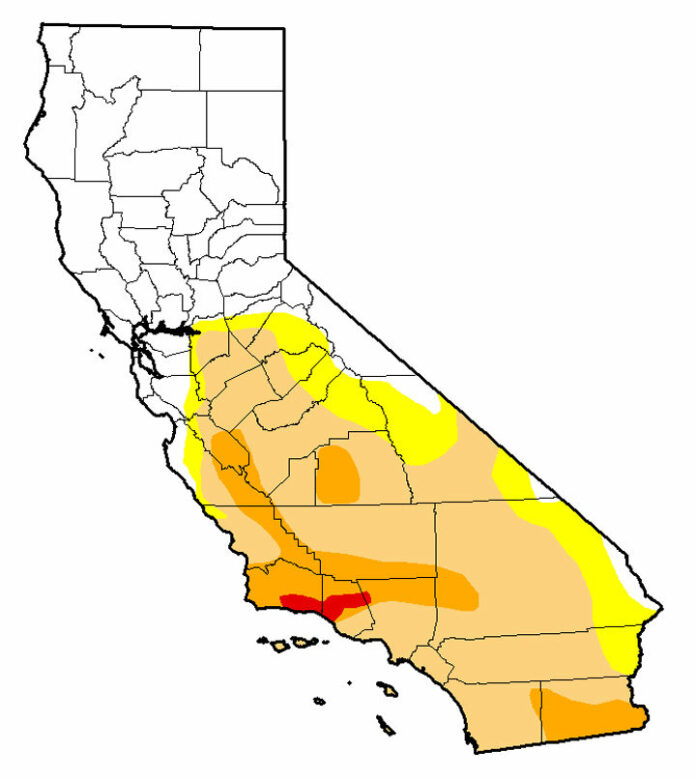The State Water Resources Control Board has extended its existing water conservation regulations, which prohibit wasteful practices such as watering lawns right after rain.
In announcing its decision Jan. 8, the board also set a conservation mandate only for water suppliers that do not have enough water reserves to withstand three more dry years.
“These regulations have helped Californians rise to the occasion and show what they can do with conservation, while providing flexibility based on differing local water supply conditions across the state,” said water board chair Felicia Marcus. “We are beyond happy that water conditions continue to improve this year, but the rainy season isn’t over yet and some areas of the state continue to suffer significant drought impacts.”
“As glorious as the first half of the season has been, we know that weather can change quickly, and vary depending on where you are, so it is most prudent to wait a bit longer until close of the rainy season to take stock of the statewide situation and decide what to do next,” she said.
While many parts of the state have benefited from this year’s rain and snow, other areas continue to experience the effects of drought, including Central Valley communities that still depend on water tanks and bottled water.
Groundwater, the source of at least a third of California’s water supplies, remains significantly depleted in many areas, the water board reported.
“California has undergone more than five years of extreme drought with significant impacts to communities, agriculture, and fish and wildlife,” the board said in a statement.
The decision maintains existing conservation rules, which transitioned away from specific state-mandated conservation standards last May for urban water suppliers that could demonstrate they have enough water reserves to withstand an additional three dry years.
The majority of suppliers passed this “stress test” and have not been subject to state conservation mandates. Under the extended regulation, urban water suppliers that didn’t take or didn’t pass the “stress test” and have been subject to state-set standards are given an opportunity to update their analysis.












